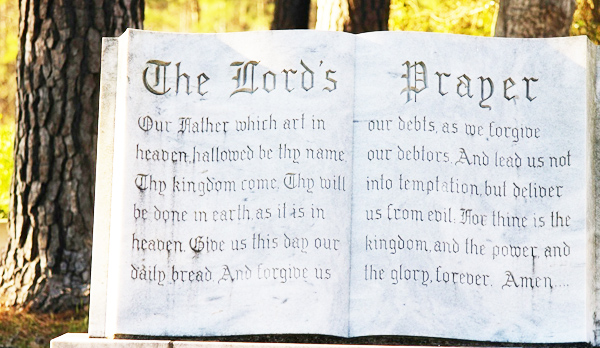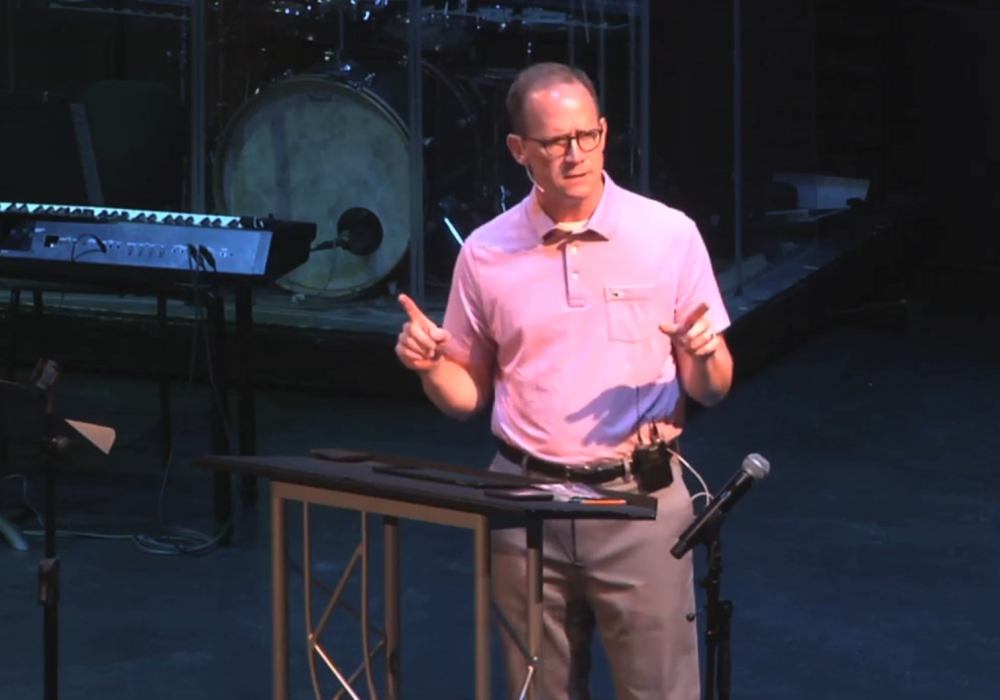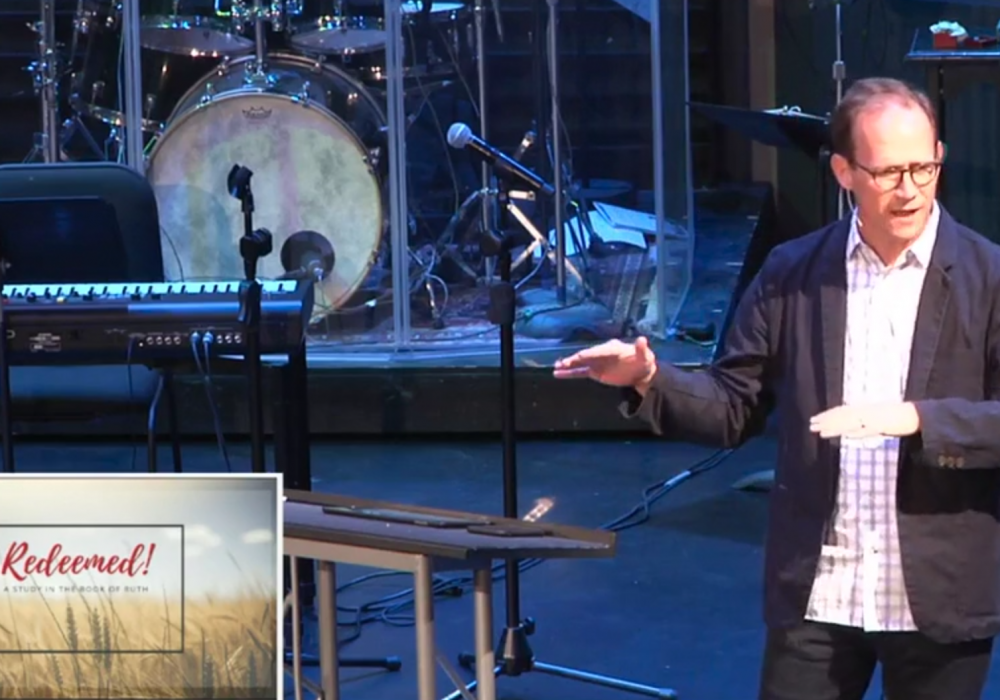When Queen Esther faces the daunting choice of risking her own life by going before King Ahasuerus or of letting all the Jews in Persia be slaughtered by Haman’s order — Esther’s adopted father Mordecai says to her, “Who knows whether you have come here — to your position, in this place, in this exact period of history — for just such a time as this?” (Esther 4:14).
Sovereignty
The Tax That Changed the World
In those days a decree went out from Caesar Augustus that all the world should be registered (Luke 2:1). What powerful truth and what precious comfort are contained in this familiar verse! Here we see that God’s purposes are perfectly and promptly completed. Did you think that kings, or presidents, or dictators make history? No! They are but instruments in the hand of the eternal and purposeful God. Hundreds of years before, God had spoken through the prophet Micah saying:
Everything For Your Good
We know that for those who love God all things work together for good, for those who are called according to his purpose (Romans 8:28). What a sweeping, staggering claim this is! And yet Paul says we can know for certain that all the details of our lives are working together for our good, as believers in Jesus Christ. How do we know this?
God Gets the Glory For Your Achievements
You cause the grass to grow for the livestock and plants for man to cultivate, that he may bring forth food from the earth and wine to gladden the heart of man, oil to make his face shine and bread to strengthen man’s heart (Psalm 104:14-15). The psalmist is worshiping God for all his creative acts and wonders. And among the things God gets credit for, according to Scripture, is the results of human labor!
Can We Limit God By Our Free Will?
How often they rebelled against him in the wilderness and grieved him in the desert! They tested God again and again and provoked the Holy One of Israel (Psalm 78:40-41). This passage has been misunderstood by some to support the idea that men and women have an autonomy which God cannot violate and that we, therefore, have the ability to “limit” (as per the KJV) God’s interactions with his creation. It is thought that we have a “sacred free will” which God can not, or will not, violate.
I Will, If the Lord Permits
…I hope to spend some time with you, if the Lord permits (1 Corinthians 16:7). Even the best of desires may not be brought to fruition here on earth. Even our best kingdom visions may never be fulfilled. And even our best plans may never come to pass. Here even the apostle Paul himself admits that his plans are fallible and must therefore be flexible. “I have made my very best plans,” Paul says, “and am operating according to them to the best of my ability—but all the while in the recognition that my plans may not be God’s plans.”
Trusting and Laboring In God’s Faithful Grace
No temptation has overtaken you that is not common to man. God is faithful, and he will not let you be tempted beyond your ability, but with the temptation he will also provide the way of escape, that you may be able to endure it (1 Corinthians 10:13). God is faithful. What a wonderful reminder! God will never give up on what he has begun, he will never renege on any promise he has made. Because God will never give up, we ought to never give up. And yet God’s faithfulness, we are reminded in this very verse of Scripture,
Your Kingdom Come
Your kingdom come (Luke 11:2). In my last post I began a series of brief meditations on the Lord’s Prayer. The prayer begins with the request for God’s name to be hallowed, followed immediately with the prayer for his kingdom to come. When we ask for God’s kingdom to come, we are reminded that not only is God’s name and glory to come first — but also God’s desires, his will, his purposes, and his authority.
God’s Thought-Exceeding Power
Paul, in the middle of a praise-hymn to God in Christ, makes the astounding claim that He is “is able to do far more abundantly than all that we ask or think,” because of the power that is working in Christian believers (Ephesians 3:20). God is able! He is able to do what we ask; he is able to do more than we think; he is able to do above all that we can ask or think. And this doesn’t just mean that God is capable of answering more prayers than we are asking; it also means he is answering
Does Prayer Make a Difference?
David Brainerd observed, “The idea that everything would happen exactly as it does regardless of whether we pray or not is a specter that haunts the minds of many who sincerely profess belief in God. It makes prayer psychologically impossible, replacing it with dead ritual at best.” The answer to the question “Does prayer make a difference?” is definitely, “Yes!”. But let’s consider how and why the Bible teaches us that prayer matters so much.
Why Do Evil and Suffering Exist?
The question of evil and suffering is never a theoretical one. We all experience real and deep pain and wickedness. However, for the Christian believer (who recognizes there is a God), there are only three logical possibilities for the evil things that happen in this world:
Is True Faith an Act of the Will?
True faith is an act of the will, in the sense that God gives us a new will in the new birth, along with faith (John 1:12-13; Ephesians 2:8). God does not make us robots; he successfully woos our hearts. Faith is not merely an act of the will, because it is also the act of the Holy Spirit in our souls, drawing us to Jesus Christ, and bringing us to trust in him as he is revealed in his Word (James 1:18).
God’s Irresistible Grace & Our Genuine Response
Those whom he foreknew he also predestined to be conformed to the image of his Son, in order that he might be the firstborn among many brothers. And those whom he predestined he also called, and those whom he called he also justified, and those whom he justified he also glorified (Romans 8:30). Here Paul lays out the Ordo salutis, the order of salvation. He describes for us the consecutive steps by which God accomplishes the work of redemption in each person’s life.














